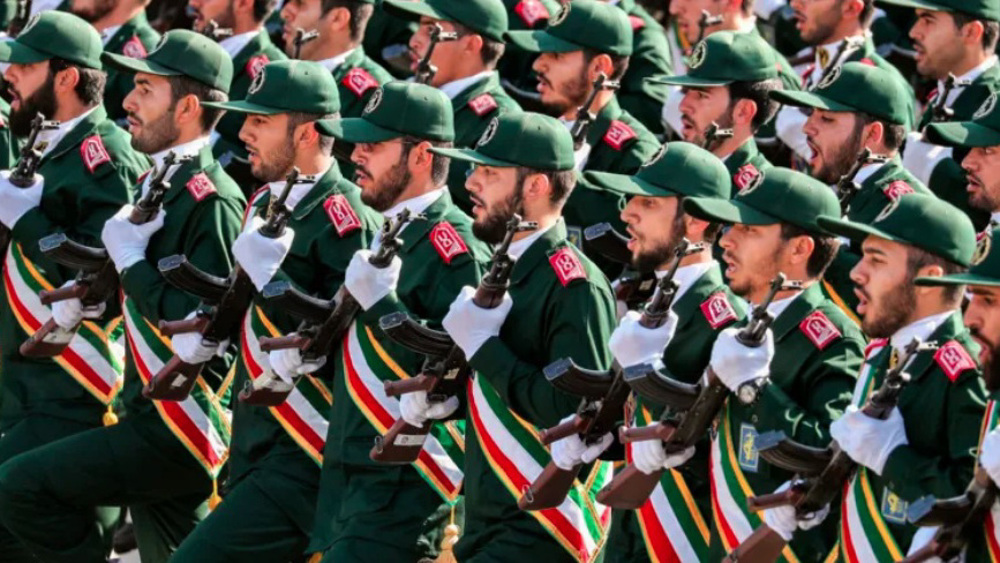Iran, Syria must strengthen alliance of resistance: Analyst
Press TV has conducted an interview with George Jabour, president of the Syrian UN Associations in Damascus, about the remarks made by Ali Akbar Velayati, a top adviser to Leader of the Islamic Revolution Ayatollah Seyyed Ali Khamenei, reaffirming Iran's support for the government of Syrian President Bashar al-Assad, saying the Islamic Republic is opposed to any “foreign interference” in Syria’s internal affairs.
What follows is a rough transcription of the interview.
Press TV: What do you make of Mr. Velayati’s statement that the hatred and the insistence for Assad to step down is basically because of the support that he has from the people? Your take sir.
Jabour: Well the underlying assumption of the statement is that the West does not like leaders who are supported by their people and this is very important explanation of the fact that the West supports rulers who are not quite popular in their countries.
At the same time I have to say that Syria and Iran have been in real cooperation, coordination or even alliance since 1979. Both systems are anti-hegemony - international hegemony, American hegemony, and western hegemony. Both systems of governments - the Syrian and Iranian - are for justice. Both of them most importantly are for Palestine and Palestinian resistance and this is quite clear.
And I suppose in the respect of the situation in Syria what is taking [place] against Syria is really its stance for Palestine and its stance for Palestinian resistance and for Lebanese resistance. Both systems are not based on the same principles. The Syrian regime is much more secular than the Iranian yet the situation on the ground is rather similar, is rather identical because both of them stand for the same political principles.
Press TV: So basically it is Damascus stance in being with the resistance, whether we are talking about the Palestinians or you talked about Hezbollah. With this being the case, if entities work with the resistance, would we always see this type of reaction from the West, a type of almost vengeful, wanting to punish, wanting to crush that entity? What needs to be done in order to be able to counter that?
Jabour: Well more coordination between those who are resisting hegemony and of course this is happening. We find close cooperation, coordination, alliance between Syria and Iran. We find such relationship again with the Russian Union and of course with the Iraqi people, with quite a segment of the Iraqi people and especially with the government of Iraq.
So I suppose that what we need to do is to press on the strengthening of the axis resistance. I do not like the word “axis” but then the alliance resistance between Iran, Syria and Hezbollah in Lebanon. I suppose that this alliance is working well, is holding its own, is standing its ground and I suppose that the future belongs to this alliance of resistance.
Explainer: How job scarcity is pushing working-class Americans to enlist in the military
Israel abducted over 100 Palestinians in West Bank since start of Ramadan: Rights group
Israel conducted 41 incursions into Syria in February amid HTS silence: Report
In letter to Araghchi, Hamas outlines repeated Israeli violations of Gaza ceasefire
Pezeshkian says ‘encouraging' signal received in US talks but Iran ready for any scenario
North Korea’s Kim re-elected Workers’ Party general secretary
Iran, Oman consult on arrangements for next round of nuclear talks
VIDEO | Protests held in Washington as AIPAC holds annual meeting for 1st time since 2020









 This makes it easy to access the Press TV website
This makes it easy to access the Press TV website